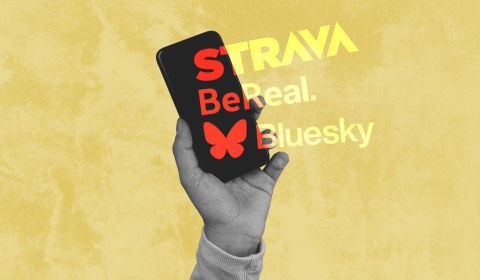is artistic interpretation a crime these days?
![]()
Happy Tuesday to you all!
If you’re reading this, I hope you’re having a scrumptious start to your week. Now that the summer Olympics is over, it seems we’re all turning our attention back to our favourite pastimes.
For some, that means complaining on the internet about Disney’s live action remakes. For others it means a return to ‘doom spending’ or long nature walks with furry friends. For Bansky, it means contributing to cultural commentary on disturbing current events with some signature street art.
Whatever your flavour, I hope to cover it in this week’s newsletter. Let’s tuck in, shall we?
 Art + culture
Art + culture
Film fans have taken to social media to complain that Rachel Zegler, an actress of Polish-Colombian background, is ‘not white enough’ to play Snow White in Disney’s live action remake. Given that I already wrote about how controversial this take is when Zegler was first cast, I won’t go into any further detail here. But I have a bit to say about claims that the adaptation is too ‘woke’ due to Snow White not being ‘saved’ by a prince in the end. It would surprise me if the film’s intended audience was as disappointed about the lack of damsel-in-distress vibes as the adult Disney purists are, but hey, what do I know? It just seems like there are bigger problems in the world than ‘too much’ girl power and racial diversity in a Disney reboot.
What’s the meaning behind Banksy’s latest artwork? – thred.
Undercover artist Banksy has been hard at work in the last couple of weeks, with as many as seven new artworks popping up around London. Many believe that the artists’ new series makes a nod at the fascist, anti-immigration riots that recently erupted across the UK. Could the artist be comparing those partaking in the violence to wild animals by painting monkeys, goats, and pelicans on various buildings in the capital? Hmmmm… can’t say I disagree.
BookTok’s lack of diversity is a problem – the daily star
Rising to popularity during the pandemic, BookTok has helped propel reading as a hobby back into the mainstream. While getting away from our screens can never really be a bad thing, there are some caveats to TikTok’s book club worth exploring, including the narrow subject range contained in these novels, as well as a lack of author diversity. Almost all of the platform’s featured books have been written by white women (cough Coleen Hoover cough). Not only this, but books are now being likened to fast fashion, with publishers deprioritising literary quality in favour of scooping up manuscripts that have potential for commercial success on TikTok. They’re printing books faster than ever to capitalise on the hype, which has led to unchecked grammar mistakes and shallow, underdeveloped plot lines to hit the shelves.
 Money talks
Money talks
Between social media, television, and print advertisements, it seems like the only time we’re not being sold something is when we’re asleep. It’s no surprise then, that ‘doom spending’ is afflicting millennials and Gen Zers alike. Similar to retail therapy, doom spending enables young people to feel like they are taking back control in a chaotic world. Surveys show fashion is the number one thing people spend money on because it allows us to imagine ourselves as better in the future. For others, obtaining luxury items offers young people a sense of accomplishment when big ticket items like houses are out of reach.
Britain’s ageing homes offer ‘worst value for money’ of major economies – thred.
You don’t even have to be looking to buy a home in Britain to know that the quality of houses versus their asking price is outrageous. If there was any doubt, though, a think tank called the Resolution Foundation has just confirmed that in a new study. Offering a glimmer of hope is a new Labour government, which has planned to build 1.5 million new homes before 2029 to address supply, general living standards, and financial constraints that continue to hamper the nation. Young people everywhere will be crossing their fingers that this actually comes to fruition.
How to get over money dysmorphia – the guardian
While some may be letting AMEX carry the burden of their doom spending habits, others are holding onto their earnings like their lives depend on it. Living in a scarcity mindset due to a traumatic financial upbringing, Lola Mendez explains how she’s attempting to abandon the immense guilt that arises whenever she spends money ‘unnecessarily,’ like on a fruit juice or a pastry, AKA ‘a little treat’. While extremely responsible, this mindset can prevent one from enjoying life’s pleasures – travelling, dinner with friends, or a barista-made coffee. Money dysmorphia is common amongst individuals who earn well, but grew up watching their parents struggle financially. Mendez urges everyone in this position to be kinder with themselves, sending a reminder that ‘buying yourself a mango juice isn’t going to send you into financial ruin’. While this is true, we should all heed a little caution.
 A dash of good news
A dash of good news
Has your face been scratched by the cap of plastic beverage bottle lately? You’re not alone. People across the EU and UK are taking to social media to complain about the newly released ‘tethered caps’ appearing on single-use plastic bottles this summer. They’re part of a plan to reduce plastic pollution from bottle caps, which are often littered in the natural environment. Keeping the bottle and the cap together, EU regulators hope, will hopefully see bottles and caps discarded together, resulting in less pollution. If this policy survives the backlash, I suspect it is one of those things that felt annoying at first (think, 20p plastic shopping bags) but will eventually become normal to us. We’ll just have to learn to hold the lid away from our faces as we sip, or pay the price.
Seed-packed doggy bags are helping to re-wild nature reserves – positive.news
What is the most efficient way to re-wild diminished areas of nature? By strapping dogs with seed-releasing pouches during their outdoor walks, obviously. That’s exactly what dog-owners in Lewes, East Sussex are doing as part of a new initiative taking place in their local town. The plan was inspired by a pair of sisters in Chile who did the same in their area after a local wildfire in 2019. Dog-walkers of Lewes have called the initiative – and it’s budding success – a ‘joyous experience’.
Scientists discover bacteria that eats toxic ‘forever chemicals’ – indy100
The red flag for ‘forever chemicals’ was raised a couple of years ago, with biologists and health professionals worried about their long-term consequences. These chemicals leak from man-made materials (especially plastic) and never biodegrade, with scientists suspecting they’ll continue building up until humanity is surrounded by an invisible toxic soup of our own making. Now, there might be hope. A newly discovered bacteria called Acetobacterium – of which there are 4 species – seems to be capable of breaking down the carbon-fluorine bonds within some unsaturated PFAs (a commonly known forever chemical). This welcome finding offers new potential for methods of cleaning up the mess we’ve made. And heaven knows we need it.
 Recommendation time
Recommendation time









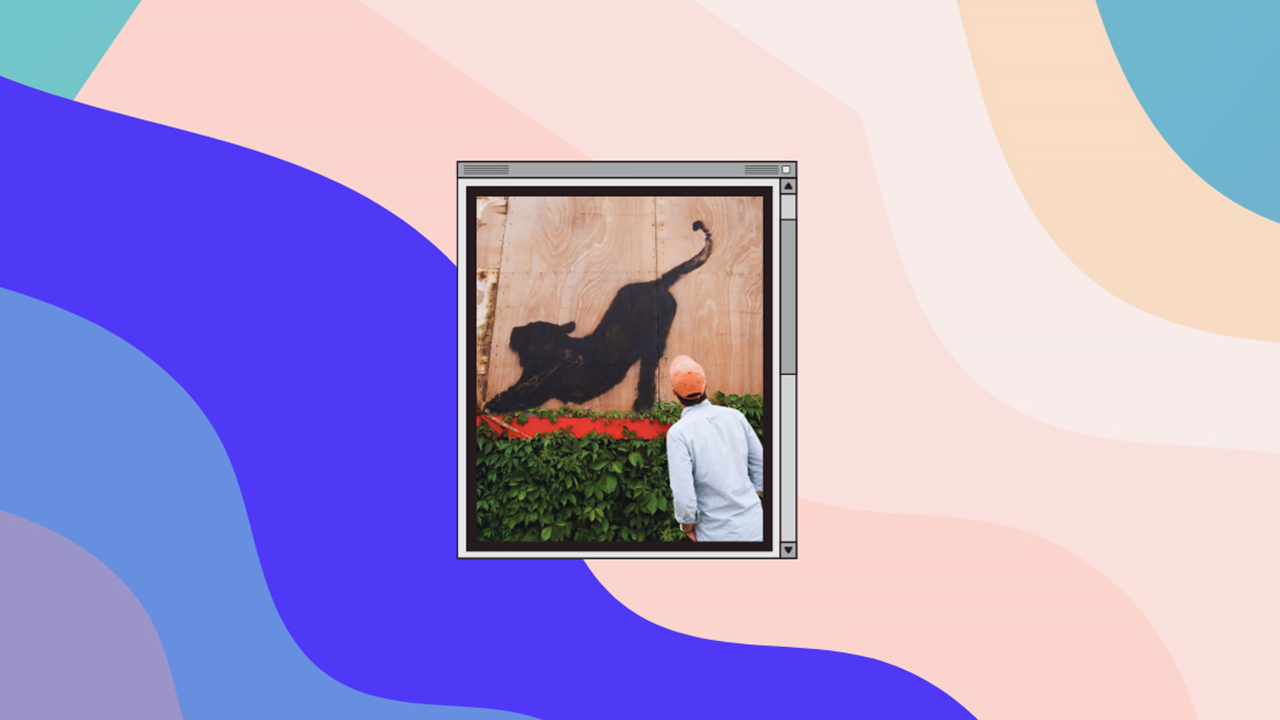

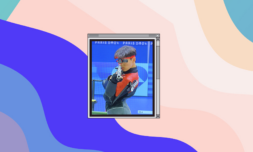
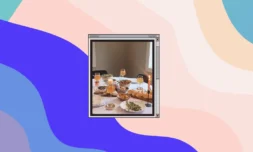
 Hot on TikTok
Hot on TikTok

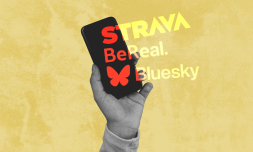
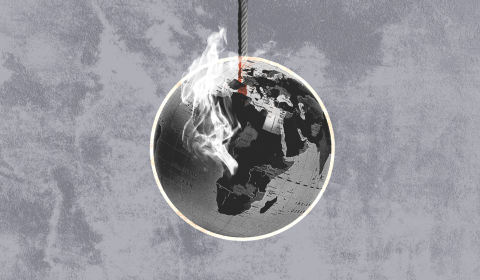
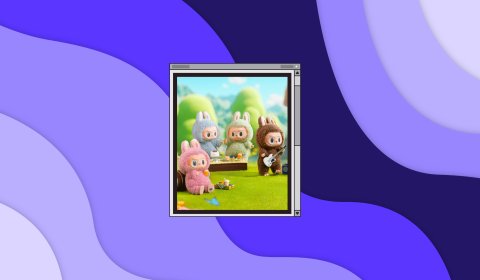
 Feels like so long since I last wrote to you. Dare I say… I missed you?
Last week the thred team attended Cannes Lions Festival in the south of France. We met some incredible people from all over the world, sat in on some insightful talks – Kai Cenat, Amelia Dimoldenberg, and Charlie Puth among them – and even found a bit of time...
Feels like so long since I last wrote to you. Dare I say… I missed you?
Last week the thred team attended Cannes Lions Festival in the south of France. We met some incredible people from all over the world, sat in on some insightful talks – Kai Cenat, Amelia Dimoldenberg, and Charlie Puth among them – and even found a bit of time...